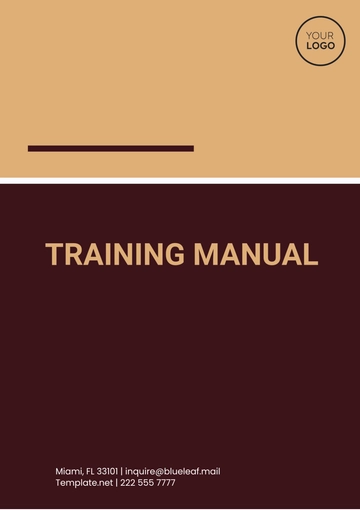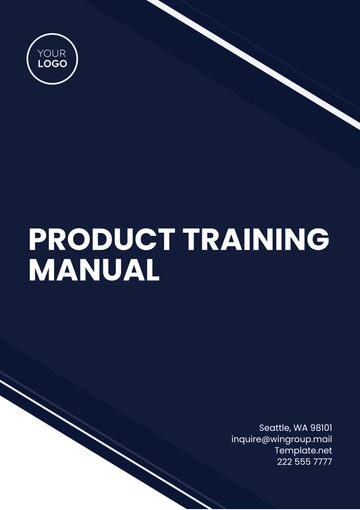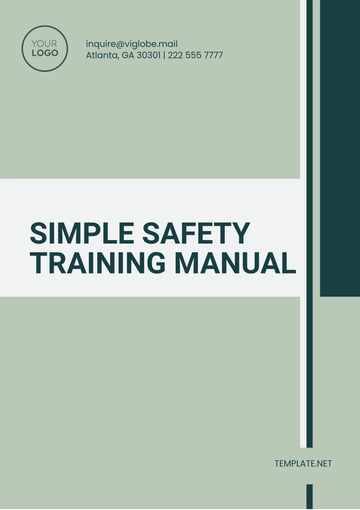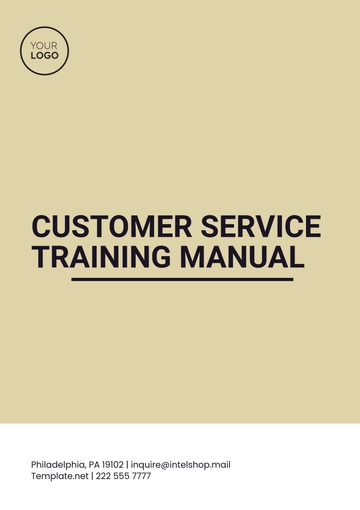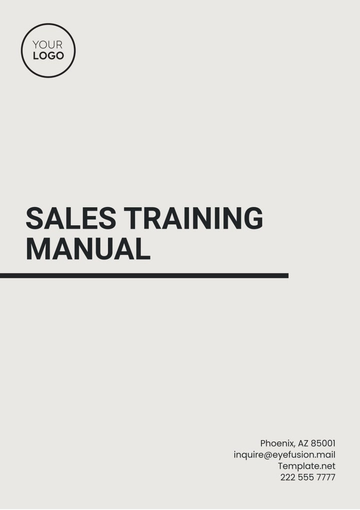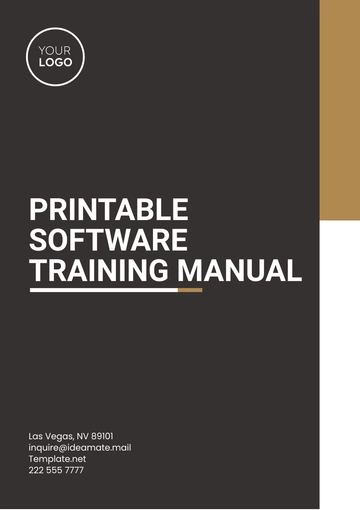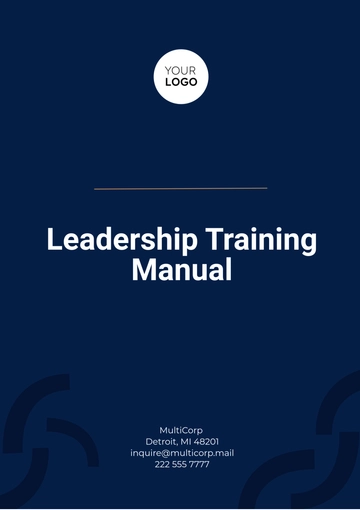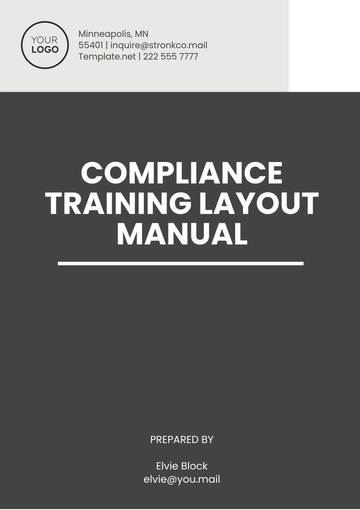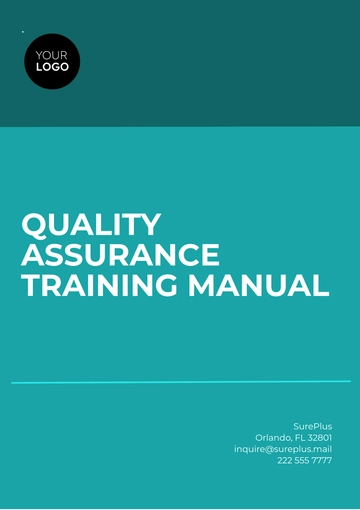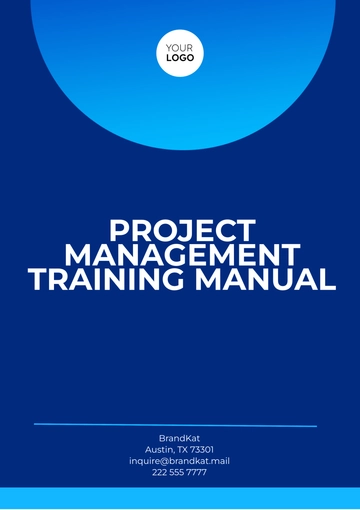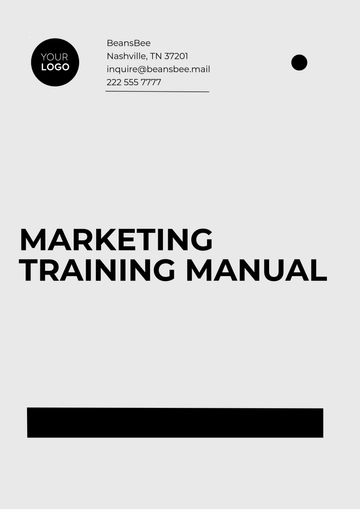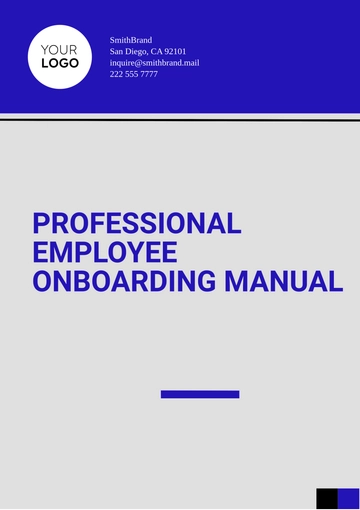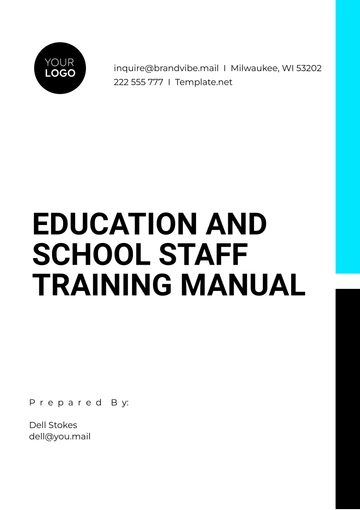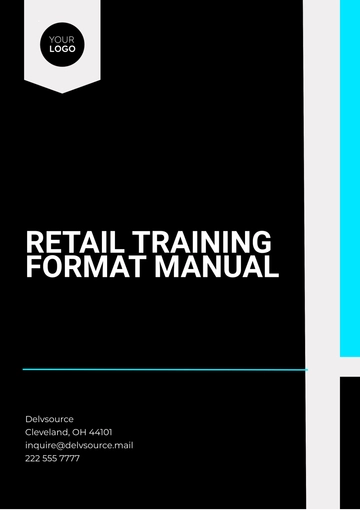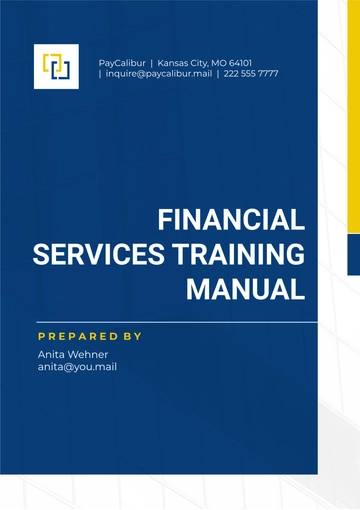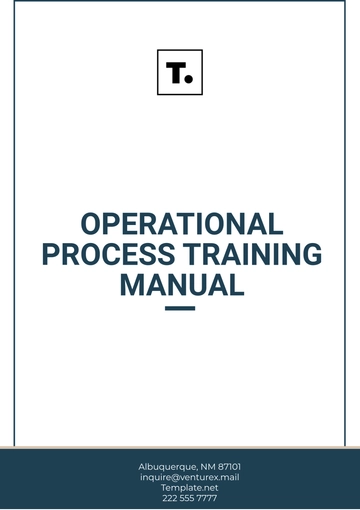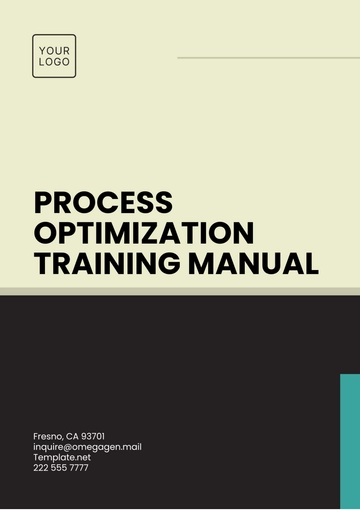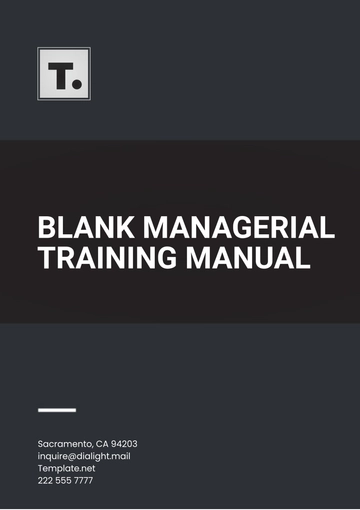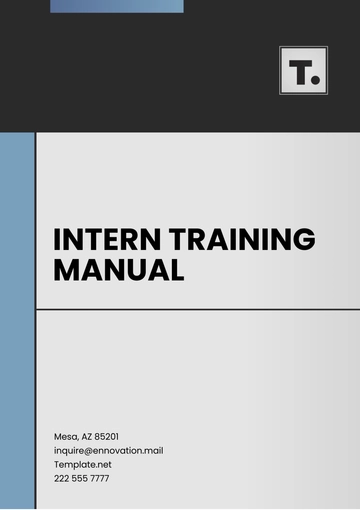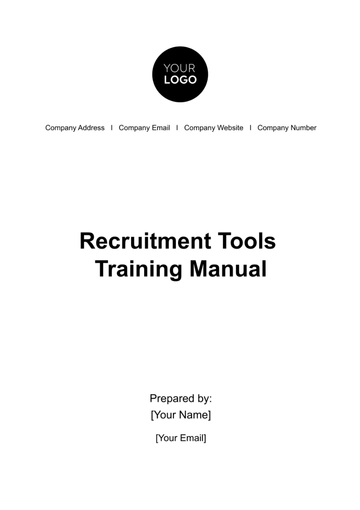Free Real Estate Agent Training Manual
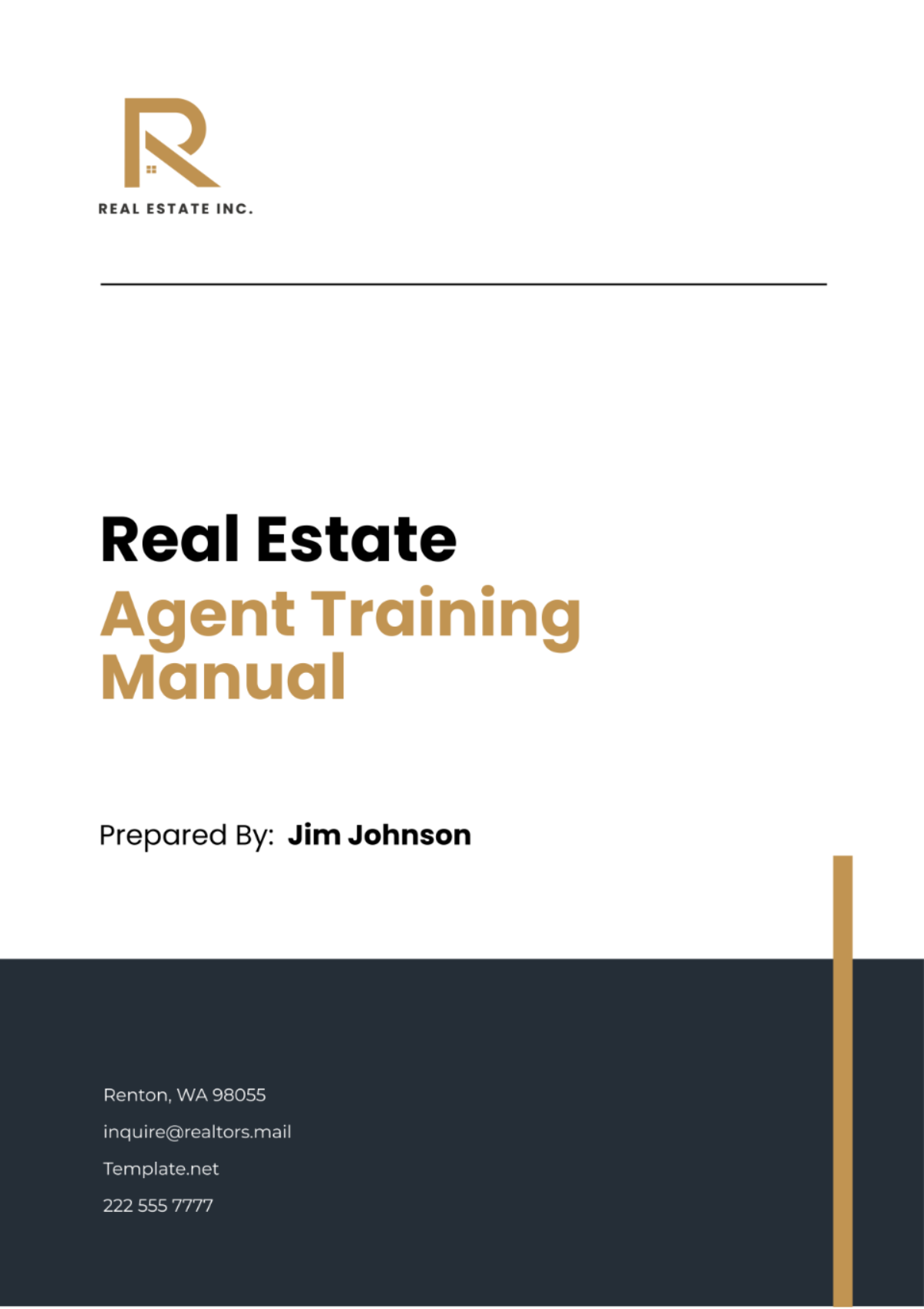
I. Introduction to the Real Estate Industry
Welcome to the exciting world of real estate! As a real estate agent, you are entering a dynamic and ever-changing market that presents endless opportunities for success. In this section, we will provide you with an overview of the real estate industry, including key terminology, market trends, and the roles of real estate professionals.
Overview of the Real Estate Market
The real estate market encompasses the buying, selling, and leasing of residential, commercial, and industrial properties. It is influenced by various factors such as economic conditions, consumer behavior, government policies, and demographic trends.
Key Terminology and Concepts
Familiarize yourself with essential terms used in the real estate industry, including:
MLS (Multiple Listing Service)
CMA (Comparative Market Analysis)
Escrow
Appraisal
Title Insurance
Closing Costs
Roles of Real Estate Professionals
Real estate professionals include agents, brokers, appraisers, mortgage lenders, and attorneys. As an agent, your primary role is to facilitate transactions between buyers and sellers, representing the best interests of your clients throughout the process.
Current Market Trends and Challenges
Stay informed about current trends and challenges affecting the real estate market, such as:
Inventory shortages
Fluctuations in interest rates
Impact of technology on real estate transactions
Housing affordability issues
II. Legal and Ethical Considerations
In this section, we will discuss the legal and ethical responsibilities that come with being a real estate agent. It is crucial to conduct business with integrity and adhere to all laws and regulations governing the real estate industry.
Code of Ethics for Real Estate Agents
As a member of the National Association of Realtors (NAR), you are required to abide by the Realtor Code of Ethics, which emphasizes honesty, professionalism, and the protection of clients' interests.
Fair Housing Laws and Regulations
Ensure compliance with fair housing laws, which prohibit discrimination based on race, color, religion, sex, national origin, familial status, or disability. Familiarize yourself with federal, state, and local fair housing regulations to avoid legal issues.
Agency Relationships and Fiduciary Duties
Understand the different types of agency relationships, including:
Seller's agent
Buyer's agent
Dual agency
Designated agency
As an agent, you have fiduciary duties to your clients, including loyalty, obedience, confidentiality, disclosure, and reasonable care.
Disclosure Requirements and Obligations
Disclose all material facts that could affect the value or desirability of a property to clients and other parties involved in the transaction. Failure to disclose pertinent information could result in legal liability.
Anti-Discrimination Laws and Practices
Avoid discriminatory practices in real estate transactions and treat all clients and customers fairly and equally. Be mindful of unconscious biases and take steps to ensure equal opportunity for all individuals.
III. Sales and Marketing Techniques
As a real estate agent, your success depends on your ability to effectively market properties and attract clients. In this section, we will explore various sales and marketing techniques to help you maximize your earning potential and grow your business.
Prospecting and Lead Generation Strategies
Prospecting involves actively seeking out potential clients and generating leads for future business. Some effective prospecting methods include:
Cold calling
Door knocking
Networking events
Referrals from past clients and colleagues
Social media outreach
Effective Networking and Relationship Building
Building strong relationships with clients, colleagues, and industry professionals is essential for long-term success in real estate. Attend networking events, join professional organizations, and engage in community activities to expand your network and establish trust with potential clients.
Branding and Personal Marketing
Develop a unique brand identity that reflects your personality, values, and expertise as a real estate agent. Create professional marketing materials, including business cards, flyers, and websites, to showcase your brand and attract clients.
Advertising and Promotional Strategies
Utilize various advertising channels to promote your listings and services, including:
Online advertising (websites, social media, pay-per-click ads)
Print advertising (newspapers, magazines, direct mail)
Outdoor advertising (billboards, yard signs)
Collaborate with local businesses and organizations to cross-promote your services.
Online Marketing Techniques
Harness the power of the internet to reach a broader audience and generate leads. Some effective online marketing techniques include:
Creating a professional website with property listings and informative content
Engaging with followers on social media platforms such as Facebook, Instagram, and LinkedIn
Utilizing search engine optimization (SEO) to improve your website's visibility in search engine results
Running targeted online advertising campaigns to reach potential buyers and sellers.
IV. Property Valuation and Pricing
Accurately pricing properties is a critical skill for real estate agents. In this section, we will discuss methods for determining property values, conducting comparative market analyses, and advising clients on pricing strategies.
Methods for Determining Property Values
There are several approaches to valuing properties, including:
Market approach: Comparing the subject property to similar properties that have recently sold in the area.
Cost approach: Estimating the cost of replacing the property with a similar one.
Income approach: Analyzing the property's potential income and return on investment for investors.
Conducting Comparative Market Analyses (CMAs)
A comparative market analysis (CMA) involves evaluating comparable properties in the area to determine a fair market value for the subject property. Consider factors such as location, size, condition, and amenities when selecting comparable properties.
Assessing Market Conditions and Trends
Stay informed about market conditions and trends that may affect property values, such as:
Supply and demand dynamics
Economic indicators (employment rates, income levels)
Interest rates and mortgage availability
Seasonal fluctuations in the real estate market
Pricing Strategies for Listings
Work closely with sellers to develop pricing strategies that align with their goals and market conditions. Consider factors such as time on market, competition, and seller motivation when pricing listings.
Advising Clients on Pricing Decisions
Educate clients about the importance of pricing properties competitively to attract buyers and maximize sale proceeds. Provide data-driven recommendations based on market analysis and your expertise in the local real estate market.
V. Negotiation Skills
Negotiation is a fundamental aspect of real estate transactions. As a real estate agent, your ability to negotiate effectively can make a significant difference in achieving favorable outcomes for your clients. In this section, we will explore principles of negotiation and techniques to help you navigate the negotiation process successfully.
Principles of Negotiation
Understand the following principles to negotiate effectively:
Preparation: Research the market, gather relevant information, and anticipate potential objections or concerns.
Communication: Listen actively, ask probing questions, and convey your client's needs and preferences clearly and persuasively.
Collaboration: Seek mutually beneficial solutions and build rapport with the other party to facilitate constructive negotiations.
Flexibility: Be open to compromise and explore creative solutions to overcome obstacles and reach agreements.
Assertiveness: Advocate for your client's interests assertively while maintaining professionalism and respect for the other party.
Effective Negotiation Techniques
Utilize the following negotiation techniques to achieve successful outcomes:
Establish rapport: Build trust and rapport with the other party through active listening, empathy, and positive communication.
Focus on interests, not positions: Identify underlying interests and motivations driving the other party's behavior to find common ground and negotiate win-win solutions.
Use objective criteria: Support your negotiation positions with objective data, market trends, and comparable sales to justify your client's offer or counteroffer.
Maintain leverage: Identify sources of leverage, such as alternative options or deadlines, to strengthen your negotiation position and create favorable outcomes for your client.
Manage emotions: Stay composed and professional, even in challenging or contentious negotiations, to maintain control of the negotiation process and avoid impulsive decisions.
Handling Objections and Resolving Conflicts
Address objections and conflicts constructively by:
Acknowledging the other party's concerns and demonstrating empathy.
Clarifying misunderstandings and providing additional information or clarification as needed.
Exploring alternative solutions or compromises to overcome objections and reach consensus.
Escalating conflicts to a higher authority or seeking mediation or arbitration if necessary to resolve impasses.
Negotiating Purchase Offers and Counteroffers
Guide your clients through the negotiation of purchase offers and counteroffers by:
Presenting offers and counteroffers promptly and professionally.
Analyzing the terms and conditions of the offer, including price, contingencies, and timelines.
Advising your clients on appropriate responses and negotiation strategies to maximize their interests while maintaining a positive rapport with the other party.
Negotiating terms and conditions effectively to achieve mutually acceptable agreements and finalize the transaction successfully.
Negotiating Contract Terms and Conditions
Negotiate contract terms and conditions diligently by:
Reviewing contracts thoroughly and identifying areas for negotiation or clarification.
Negotiating terms such as purchase price, financing contingencies, inspection periods, and closing dates to protect your client's interests and minimize risks.
Consulting with legal professionals or transaction coordinators as needed to address complex legal issues or contractual language.
VI. Contracts and Paperwork
Managing contracts and paperwork is a crucial aspect of real estate transactions. In this section, we will explore the essential elements of real estate contracts and provide guidance on preparing, reviewing, and managing transaction paperwork effectively.
Overview of Real Estate Contracts and Agreements
Real estate contracts are legally binding agreements that outline the terms and conditions of a transaction between parties. Common types of real estate contracts include:
Purchase agreements
Listing agreements
Lease agreements
Disclosure forms
Addenda and amendments
Preparing and Reviewing Purchase Agreements
When preparing or reviewing a purchase agreement, ensure that it includes essential terms such as:
Identification of the parties involved (buyer, seller, agents)
Description of the property being sold
Purchase price and financing terms
Contingencies (e.g., financing, appraisal, inspection)
Closing date and timeline
Earnest money deposit details
Seller concessions or agreements
Any additional terms or conditions negotiated by the parties
Managing Transaction Paperwork and Documentation
Keep accurate records and documentation throughout the transaction process, including:
Copies of all contracts, addenda, and disclosures
Correspondence and communication with clients and other parties
Receipts for earnest money deposits and other payments
Inspection reports and property disclosures
Title documents and closing statements
Compliance with legal and regulatory requirements for recordkeeping
Legal Requirements for Disclosures and Addenda
Ensure compliance with legal requirements for disclosures and addenda, including:
Disclosures of known defects or material facts affecting the property
Lead-based paint disclosures for properties built before 1978
Agency disclosures outlining the agent's representation of the parties
Additional disclosures required by state or local laws (e.g., earthquake hazards, flood zones)
Compliance with Contract Deadlines and Contingencies
Monitor contract deadlines and contingencies closely to ensure compliance and prevent delays or disputes. Take proactive steps to address any issues or concerns that may arise during the transaction process and communicate effectively with all parties involved.
VII. Client Management and Communication
Building and maintaining positive relationships with clients is essential for success in real estate. In this section, we will explore effective strategies for client management and communication to provide exceptional service and achieve client satisfaction.
Building Client Relationships
Establish rapport and trust with clients by:
Listening actively to their needs and preferences
Communicating clearly and transparently throughout the transaction process
Demonstrating professionalism, integrity, and reliability in all interactions
Providing personalized service and attention to detail to meet their expectations
Effective Communication Strategies
Communicate with clients regularly and effectively by:
Setting clear expectations and timelines for communication
Using multiple communication channels (phone, email, text) based on clients' preferences
Providing timely updates on the status of their transaction and any relevant developments
Responding promptly to inquiries and addressing concerns promptly and professionally
Managing Client Expectations
Manage client expectations by:
Educating them about the real estate market, trends, and potential challenges they may encounter
Setting realistic goals and timelines based on market conditions and their specific needs
Being transparent about potential risks and uncertainties associated with their transaction
Offering guidance and support to help them make informed decisions and navigate the complexities of the real estate process
Providing Exceptional Customer Service
Go above and beyond to exceed clients' expectations by:
Anticipating their needs and proactively addressing any concerns or issues that may arise
Offering personalized advice and recommendations tailored to their unique situation and preferences
Providing resources and referrals to trusted professionals (e.g., lenders, inspectors, contractors) to assist them throughout the transaction process
Following up after the transaction to ensure their satisfaction and address any remaining questions or concerns
Handling Client Concerns and Complaints
Handle client concerns and complaints professionally and empathetically by:
Listening attentively to their feedback and acknowledging their concerns
Apologizing for any mistakes or misunderstandings and taking responsibility for resolving the issue
Offering solutions or alternatives to address their concerns and restore their confidence in your services
Following up to ensure that the issue has been resolved to their satisfaction and maintaining open lines of communication to prevent future issues
VIII. Technology and Tools
In today's digital age, leveraging technology is essential for real estate agents to stay competitive and efficient. In this section, we will explore various technology tools and platforms that can enhance your productivity, marketing efforts, and client communication.
Overview of Real Estate Technology Tools and Platforms
Familiarize yourself with the following technology tools commonly used by real estate agents:
MLS (Multiple Listing Service) platforms for property search and listing management
Customer Relationship Management (CRM) software for client management and communication
Real estate websites and online listing platforms for marketing properties to a broader audience
Mobile apps for productivity, communication, and on-the-go access to information
Digital signature platforms for electronic signing of documents
Using MLS Systems for Property Search and Listing Management
Learn how to navigate MLS systems effectively to:
Search for properties based on criteria such as location, price range, and property features
Set up automated property alerts for clients based on their preferences
Input and manage listings, including uploading photos, property details, and documents
Access market statistics and trends to analyze property values and market conditions
Leveraging CRM Software for Client Management
Utilize CRM software to:
Organize client contacts and maintain detailed records of interactions and transactions
Set reminders for follow-up tasks, appointments, and important deadlines
Segment your client database for targeted marketing campaigns and communication
Track client preferences, property preferences, and transaction history to provide personalized service
Creating a Professional Website
Establish an online presence with a professional website that showcases your brand and listings. Your website should:
Feature an intuitive layout and user-friendly navigation for easy access to information
Include property listings with high-quality photos, detailed descriptions, and virtual tours
Provide valuable content such as market updates, neighborhood profiles, and buyer/seller resources
Include contact information and inquiry forms to encourage engagement and lead generation
Engaging with Social Media
Harness the power of social media to:
Build your brand and establish credibility as a real estate expert
Share property listings, market updates, and helpful tips with your followers
Engage with your audience through likes, comments, and shares to increase visibility and reach
Utilize targeted advertising on platforms such as Facebook and Instagram to reach potential buyers and sellers in your market
Integrating Technology into Marketing and Lead Generation
Integrate technology into your marketing efforts to:
Create digital marketing campaigns targeting specific demographics or geographic areas
Capture leads through online forms, landing pages, and lead capture tools
Automate email marketing campaigns to nurture leads and stay top-of-mind with clients
Track website traffic, lead conversions, and marketing ROI using analytics tools to optimize your marketing strategy
IX. Continuing Education and Professional Development
In the rapidly evolving real estate industry, ongoing education and professional development are essential for staying current with industry trends, regulations, and best practices. In this section, we will explore resources and opportunities for continuing education and professional growth.
Importance of Ongoing Learning and Skill Development
Understand the importance of continuous learning and skill development to:
Stay informed about changes in laws, regulations, and market conditions affecting the real estate industry
Expand your knowledge and expertise in specialized areas of real estate (e.g., luxury properties, investment properties, commercial real estate)
Enhance your professional skills and stay competitive in the marketplace
Provide exceptional service and value to your clients by offering expert advice and guidance
Resources for Continuing Education
Explore the following resources for continuing education and professional development:
Real estate courses and workshops offered by accredited institutions, industry associations, and training organizations
Online learning platforms offering self-paced courses, webinars, and virtual conferences on various real estate topics
Professional designations and certifications recognized in the industry (e.g., Certified Residential Specialist, Accredited Buyer's Representative, Certified Commercial Investment Member)
Mentorship programs and coaching services provided by experienced real estate professionals or brokerage firms
Professional Designations and Certifications
Consider pursuing professional designations and certifications to:
Enhance your credibility and expertise in specialized areas of real estate
Differentiate yourself from competitors and attract clients seeking specialized services
Gain access to exclusive networking opportunities, resources, and professional development events
Demonstrate your commitment to professionalism and ongoing learning to clients and colleagues
Networking Opportunities Within the Industry
Network with other real estate professionals to:
Build relationships with colleagues, industry experts, and service providers
Exchange knowledge, best practices, and referrals to expand your business network
Participate in industry events, conferences, and networking groups to stay connected with peers and stay informed about industry trends
Strategies for Staying Updated on Industry Trends
Stay informed about industry trends and best practices by:
Following reputable industry publications, blogs, and newsletters for news and insights on real estate trends, market updates, and industry developments
Joining online forums and discussion groups to engage with other professionals and share experiences, tips, and advice
Participating in continuing education courses, webinars, and seminars to deepen your knowledge and skills in specific areas of interest
X. Conclusion
Congratulations on completing the Real Estate Agent Training Manual! Throughout this manual, you have gained valuable insights into the real estate industry, learned essential skills and techniques for success, and discovered resources for ongoing learning and professional development.
Recap of Key Concepts
As a real estate agent, you play a vital role in facilitating transactions, representing clients' interests, and navigating the complexities of the real estate market. Key concepts covered in this manual include:
Understanding the legal and ethical responsibilities of real estate agents
Mastering sales and marketing techniques to attract clients and close deals
Valuing properties accurately and advising clients on pricing strategies
Negotiating effectively to achieve favorable outcomes for your clients
Managing contracts, paperwork, and client relationships with professionalism and integrity
Leveraging technology tools and continuing education opportunities to stay competitive and maximize your potential
Encouragement for Ongoing Learning and Professional Growth
The real estate industry is constantly evolving, with new technologies, regulations, and market trends shaping the landscape. To thrive in this dynamic environment, it is essential to embrace lifelong learning and professional development. Whether through additional training courses, professional designations, or networking opportunities, continue to invest in your knowledge and skills to stay ahead of the curve and provide exceptional service to your clients.
Acknowledgment of Ethical Conduct and Compliance
As a real estate professional, it is imperative to uphold the highest standards of ethical conduct and compliance with all applicable laws and regulations. Always act with honesty, integrity, and transparency in your dealings with clients, colleagues, and the public. By adhering to ethical principles and maintaining compliance with legal requirements, you will earn the trust and respect of your clients and contribute to the integrity of the real estate profession.
Best Wishes for Success
On behalf of [Your Company Name], we extend our best wishes for your success as a real estate agent. We are here to support you every step of the way as you embark on your journey in the real estate industry. Remember, your dedication, hard work, and commitment to excellence are the keys to achieving your goals and building a rewarding career in real estate.
Thank you for choosing [Your Company Name] as your partner in this exciting adventure. We look forward to celebrating your achievements and milestones along the way.
- 100% Customizable, free editor
- Access 1 Million+ Templates, photo’s & graphics
- Download or share as a template
- Click and replace photos, graphics, text, backgrounds
- Resize, crop, AI write & more
- Access advanced editor
Discover the ultimate tool for real estate professionals on Template.net. Our editable Real Estate Agent Training Manual Template is fully customizable to suit your unique needs. With the intuitive AI Editor Tool, craft a comprehensive guide effortlessly. Elevate your skills, stay compliant, and succeed in the market with this essential resource.
